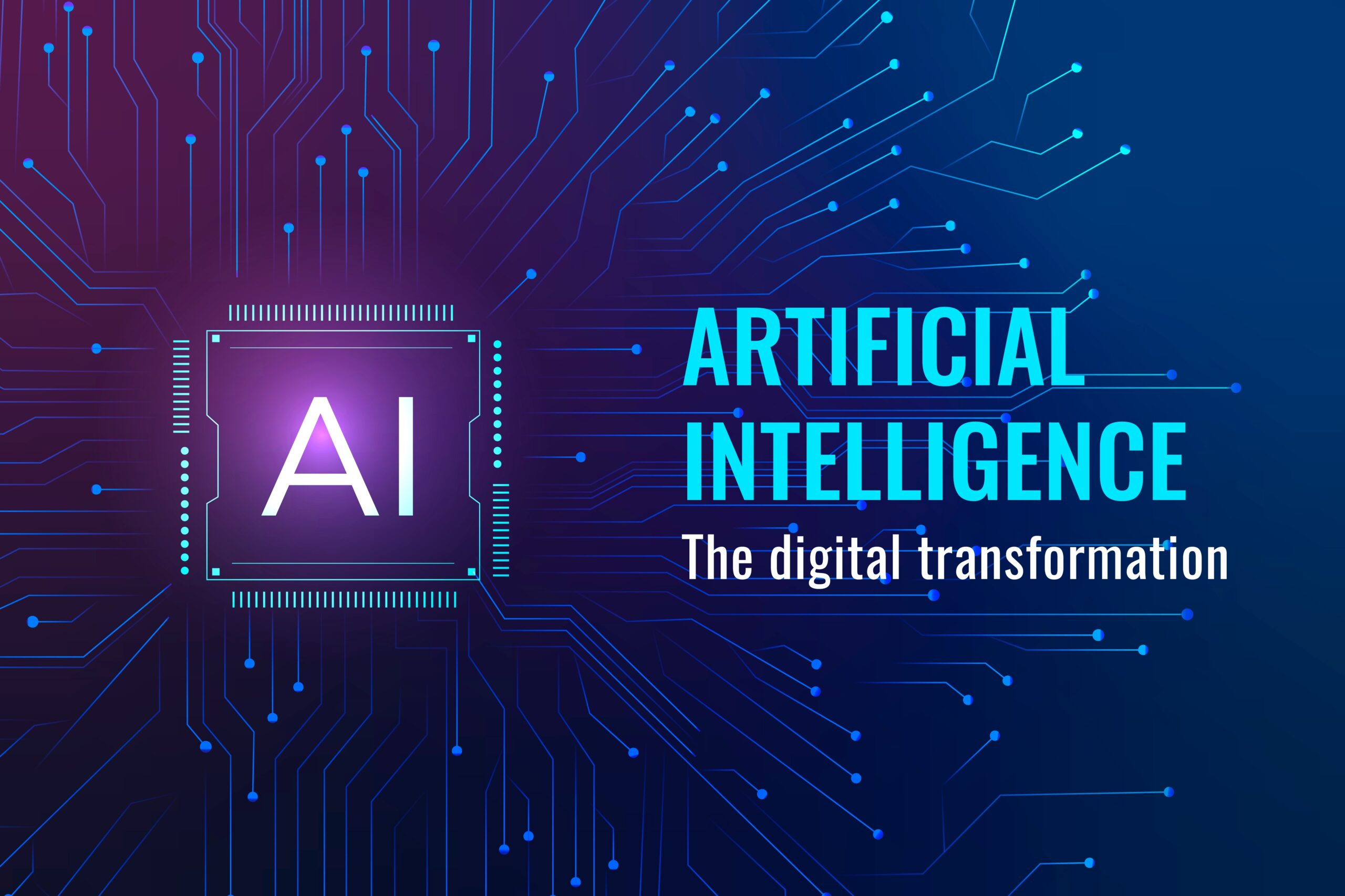Real-Time Personalization at Scale
One of the most significant impacts of AI in digital marketing is the ability to personalize consumer interactions in real time. Netflix offers a perfect example of this application. The streaming giant uses machine learning algorithms to analyze viewing patterns and preferences, which helps in recommending shows and movies tailored to each user’s taste. This level of personalization not only enhances user experience but also increases engagement rates, leading to higher retention and satisfaction. Another example, AI and machine learning are proving indispensable for digital marketing, enabling brands like Walmart and Amazon to deliver unmatched personalization and efficiency. As the cost of impressions rises, especially during peak periods like Black Friday and Cyber Monday, AI’s ability to offer hyper-personalized marketing becomes crucial. This season, retailers are leveraging AI to tailor recommendations and shopping experiences, achieving up to a 25% increase in ad spend returns. These technologies provide on-demand content generation, comprehensive customer profiles, and real-time decision-making capabilities, significantly enhancing the customer journey from inspiration to loyalty. AI not only meets the immediate needs of holiday shoppers but also fosters enduring brand relationships by understanding and anticipating consumer preferences more effectively than ever before.
Enhanced Customer Insights Through Data Analytics
Data is the cornerstone of effective marketing, and AI makes it possible to dive deeper into this data than ever before. For instance, American Express uses machine learning to analyze transactions in real-time to detect fraudulent activities and identify spending patterns. This data is then used to offer tailored financial advice and product recommendations to its customers. By understanding customer behaviors and predicting future trends, companies can create more targeted marketing strategies that resonate with their audience.
Chatbots and Conversational Marketing
The rise of chatbots has revolutionized customer service and engagement in digital marketing. These AI-driven programs simulate human conversation to assist customers 24/7, providing instant responses to inquiries and supporting sales processes. Sephora, a leading beauty retailer, employs a chatbot on its website and through Facebook Messenger that offers makeup tutorials, product recommendations, and reviews. This tool not only improves customer service but also drives sales by providing personalized shopping experiences.
Predictive Marketing
AI and ML excel in predictive analytics, which allows marketers to forecast future outcomes based on historical data. This capability is crucial for optimizing marketing campaigns and improving return on investment (ROI). For example, Harley-Davidson used AI-driven marketing technology to increase its New York sales leads by 2,930%. By leveraging existing customer data, the company’s AI tool predicted potential high-value customers and suggested the most effective ways to reach them.
Content Generation and Curation
AI is not just analyzing data but also helping in content creation. Tools like OpenAI's GPT-3 can generate readable, coherent, and contextually relevant content in seconds. The Washington Post’s Heliograf, an AI technology, has been used to generate short news reports, which has helped the newspaper increase its coverage volume. Moreover, AI can curate content tailored to user preferences, enhancing engagement through personalized content feeds.
SEO and SEM Enhancements
Search engine optimization (SEO) and search engine marketing (SEM) are critical elements of digital marketing that are being transformed by AI and ML. AI tools can optimize website content based on search engine algorithms and user engagement metrics, improving search rankings without human intervention. Additionally, platforms like Google Ads use machine learning to optimize ad performance, adjusting bids in real-time and forecasting click-through rates to maximize advertisers' ROI.
Looking ahead, the potential for AI and ML in digital marketing is vast. As these technologies continue to evolve, they will enable even more personalized, interactive, and immersive experiences. The integration of augmented reality (AR) and virtual reality (VR) with AI will create new platforms for digital marketing that can offer real-world experiences online.
In conclusion, AI and ML are not only enhancing existing marketing practices but are also paving the way for new ones. These technologies offer a competitive edge by enabling deeper customer insights, real-time personalization, and more efficient marketing operations. As digital landscapes evolve, the role of AI and ML in marketing will undoubtedly expand, continuing to transform the ways brands connect with their consumers. How is your company positioned to thrive in the AI revolution?

